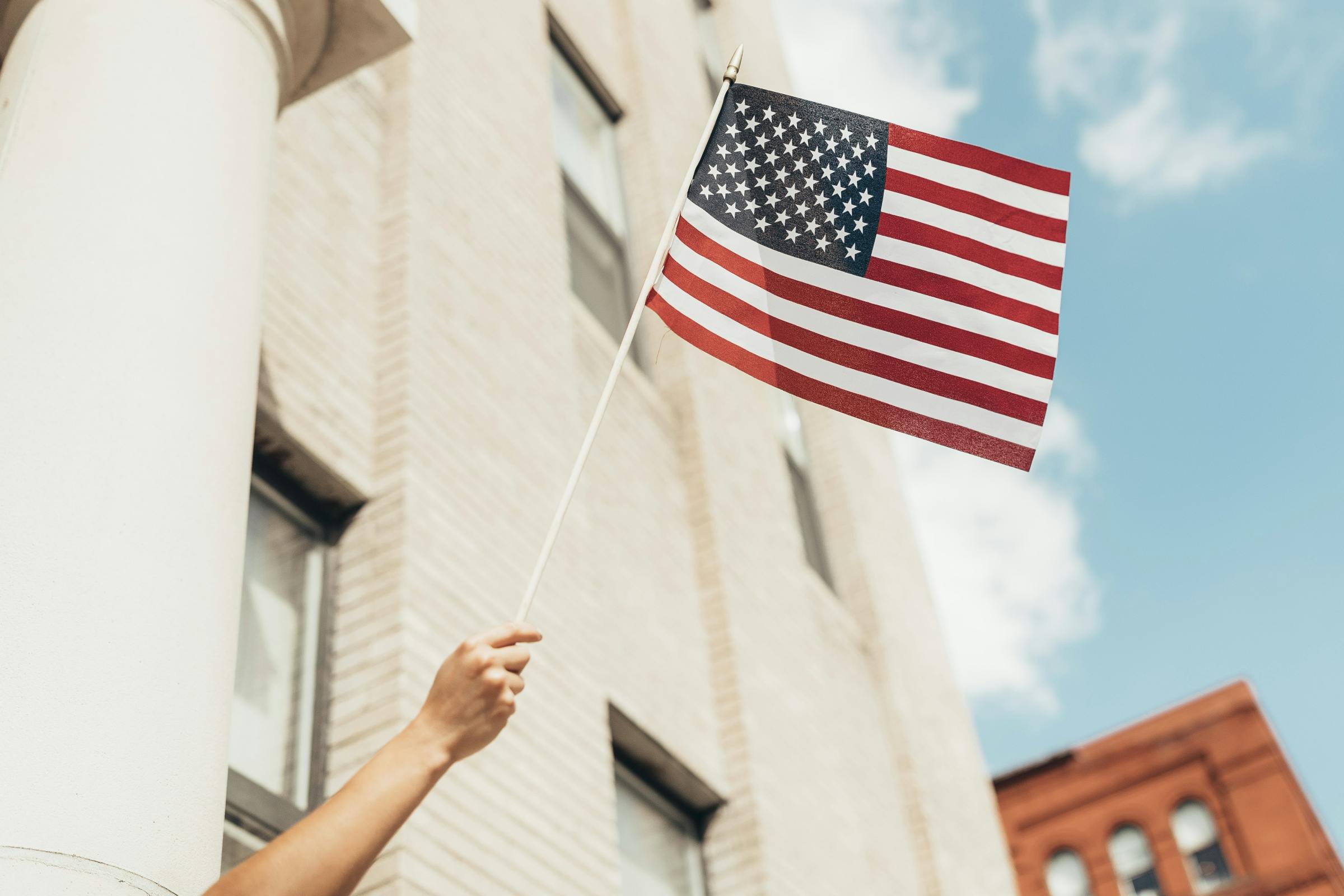What is the National Interest Waiver?
The typical entry path to the United States is through a visa, either for work, tourism, business, or educational purposes. By far, one of the most popular visas is the H-1B, a document that permits the holder to live and work in the US while also seeking permanent residency through a green card. Because it’s such a beneficial visa, it’s also in high demand, and obtaining one is challenging unless you have a job offer from an approved, cap-exempt employer.
Yet, in addition to the H-1B visa, there are other ways a foreign national can apply for a green card. If you are trying to get permanent residency in the US without a job offer, and you have reason to believe it’s in the country’s best interest for you to become a resident, looking into the National Interest Waiver (NIW) may be your next step.
This document states that, because of your qualifications, skills, background, and other factors, it’s in the national interest of the US to provide you with a Green Card. If you have this approval, the employment-based category in the immigration process of a Green Card is waived, called the EB-2 category of waiver.
Under the EB-2 and green card path, the applicant must supply evidence that they have a legitimate, permanent job offer from a valid employer, along with an approved labor certification. But when this part of the requirement is waived, it demonstrates that the US benefits from the applicant having residency in the country, with or without a job offer.
What Does “National Interest” Look Like?
Of course, you can’t go around ‘tooting your own horn’ and saying it’s in the country’s best interest to have you living there. You must prove that you have an exceptional ability in business, science, or the arts or an advanced degree that qualifies you as important to your profession.
You’ll also need to propose a goal you’re currently working on or would pursue with your NIW that is of the utmost national importance. An example would be an independently-funded researcher working on an experiment crucial to the larger society.
How Often Is an NIW Approved?
As you can imagine, there aren’t many people who step forward and suggest that their residency is of national importance. However, there are a few each year, and the approval ratings depend on the political climate in the US at the time of the application.
Over the past few years, the labor shortage, economic slowdown, and pandemic recovery have reduced the approval percentage for NIWs. When you work with an immigration expert like Visa2US, your chances of acceptance increase because the legal representative knows what the USCIS officials are looking for as evidence of “national interest.”
Additionally, the two service centers that process NIWs use differing approaches. When they know which service center you’ll be using (either Texas or Nebraska), your legal aid can design your application to match their processes.
Why Apply for an NIW?
With such a narrow window of approved requirements, why do people try to obtain a National Interest Waiver? The answer is in the many benefits this document grants the holder and their immediate family, including the following:
● Avoiding the requirement of an approved Labor Certification that can take months or longer to receive,
● Keeping the ability to work independently in your field of interest,
● Access to permanent residency and all the advantages that come with it,
● The ability to come and go as frequently as you want to in and out of the US,
● The potential to bring your family with you and get them qualified for a Green Card.
Another important benefit of the NIW is your ability to self-petition. H-1B and other work visas must be submitted by a sponsoring employer.
What’s Next?
These advantages aren’t given to everyone. Those who qualify for an NIW make a significant impact on the US, and to reach that level, you’ll need strong evidence. Our friendly legal professionals at Visa2US are ready to help build your case.
Anytime you’re dealing with the US as a foreign national, you should always have legal counsel. The political climate in America changes frequently, and sometimes, that climate can impact your petition. This is especially true with National Interest Waivers. You must demonstrate that your residency is of the utmost national interest.
Our experts know what USCIS is looking for as proof that you meet this category. We’ll review your background and skills, look for any potential gaps, and work with you to fill them in before submitting your request. We’ll help you design a petition that proves you have an “exceptional ability” as long as your skills, education, and background meet the definition.
When you’re ready to see if you, too, can qualify for an NIW, contact our office any time, day or night. At Visa2US, we’re ready to answer your questions and guide you to your next step to becoming a lawful resident of the United States.














